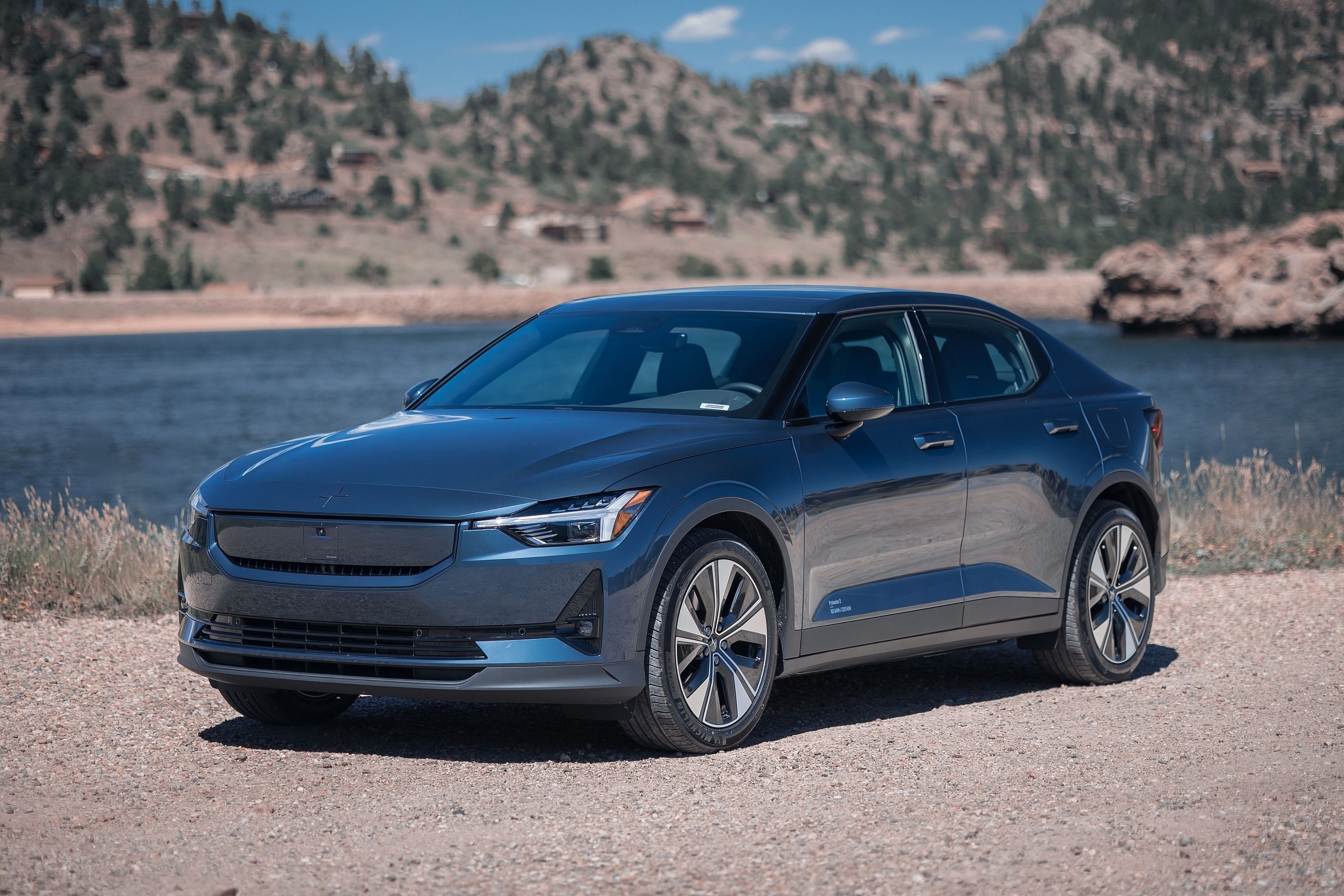
UK-based insurance company Footman James has released a new report about classic car emissions with very interesting findings. In it, the report says that in some instances, driving a classic car may just be greener than going out and buying a new one. The report uses two cars in this metric: a Volkswagen Golf and a Polestar 2.
It states that based on the UK national average of 1,200 miles per year - yes, 1,200 miles is all British citizens drive annually due to the country's small footprint and impressive public transport infrastructure - a classic will emit 563kg of CO2 per year. In contrast, the Golf has a carbon footprint of 6.8 tonnes of CO2 from the day it leaves Wolfsburg. Does that maths make sense to you? Us neither. Ignore the funky maths for a sec and bear with us though...
Footman James' report says that it will take a classic an average of 12 years to match that figure. So basically, a company that makes its money insuring old cars is saying that because a classic car is already built and its CO2 footprint from production has happened already, it's better for the environment to keep driving the old car than to buy a new one.
We can't deny that the logic in that argument seems very, very flawed. Still, if you'd like to learn about the impact classic cars have on the environment, we encourage you to use tools like Google Scholar to find peer-reviewed, accredited reports from independent sources on the subject in addition to the findings of Footman James' report. Then, compare and contrast. That said, let's explore this line of thinking more, as it certainly appeals to many an enthusiast.
Footman James' study points to battery production in cars like the Polestar 2 as part of the problem. Its study found that a Polestar 2 will create 26 tonnes of CO2 on average during production. Additionally, Footman James says that a classic car will take 46 years to equal that. But what the report apparently fails to take into account are the improvements being made in battery supply chains, and the circularity of such manufacturers, recycling and upcycling various elements of vehicles within their own supply chain to reduce the environmental impact of production.
The 50+ page report also addresses the impact of keeping these classics on the road. The report states that manufacturers like Bosch Classic remake parts with modern tech, "and sustainable manufacturing principles."
The report also says that many of its survey participants are aware of their impact on the environment, and "over half (52 percent) of the polled audience said they would consider signing up for a vetted scheme to reduce their classic cars' impact on the environment through carbon emissions offsetting."
Footman James' Managing Director, David Bond says the report's findings are "extremely useful in determining how much of an impact our beloved classics have on the environment. It's easy for one to assume that classic cars are more damaging simply because of their older and less efficient engines, however, the data in this report disproves that theory." Again, only a man running a classic car insurance company would say that.
While this data proves an interesting argument in favor of the continued use of classic cars by enthusiasts, it's important to acknowledge the clear issues posed by gas-powered cars, and what their future in a more sustainable auto industry may look like. From where we're sitting, we'd rather just keep our classics on the road for the joy they bring, but we'd also caution against believing what appears to be a pretty one-sided report that ignores the production costs of classic cars but uses those of modern cars against them.
